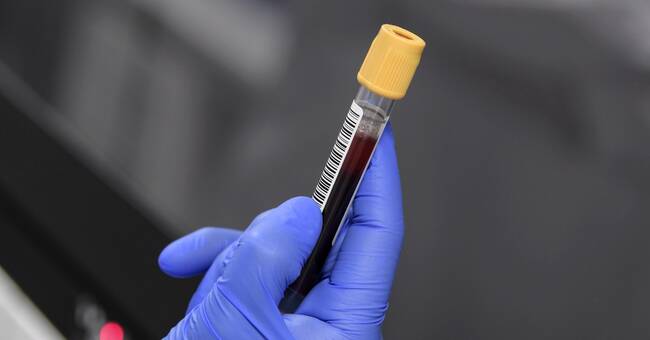Several healthy people who become seriously ill with covid-19 have misdirected antibodies that attack their own immune system, according to two new studies.
Some had aberrant genes.
And almost only men had severe symptoms.
The studies are part of COVID Human Genetic Effort, a major research project from more than 50 research centers and hundreds of hospitals around the world.
Antibodies that make mistakes
In one study, they found autoantibodies in ten percent of 987 patients who had life-threatening pneumonia due to the coronavirus.
These are antibodies that attack the body's own immune system, instead of the virus.
Fortunately, autoantibodies are very rare.
Not even half a percent have them, according to a random test of healthy people.
Yet they were fifteen times as common among the seriously ill patients.
95 percent of all patients were men, according to Petter Brodin, a researcher at Karolinska Institutet, who coordinated the project.
- We do not know exactly why men develop such antibodies more often, but it seems to be something that happens with increasing age and more in men than women.
Genetic analysis
In the second study, researchers looked at blood samples from 659 patients who had been hospitalized for life-threatening pneumonia.
They compared them with blood samples from humans without or with mild symptoms.
They saw that certain genes that are important for dealing with the flu were mutated in the sick.
This means that they have changed, which sometimes happens as a reaction to environmental changes or when cells renew themselves.
More than three percent lacked a functioning gene.
- It is very significant because such mutations in a general population are incredibly rare.
Actually, when it comes to immunodeficiency, a case of a mutation and a clinical presentation is enough, says Petter Brodin.
Can we prevent difficult cases?
- We can use the knowledge to find these cases and treat them more aggressively.
In really difficult cases, we may be able to remove autoantibodies with methods that purify blood from autoantibodies, says Petter Brodin.
But it is something that needs more research and to be tested in the future.
The studies were published in Science this week.

